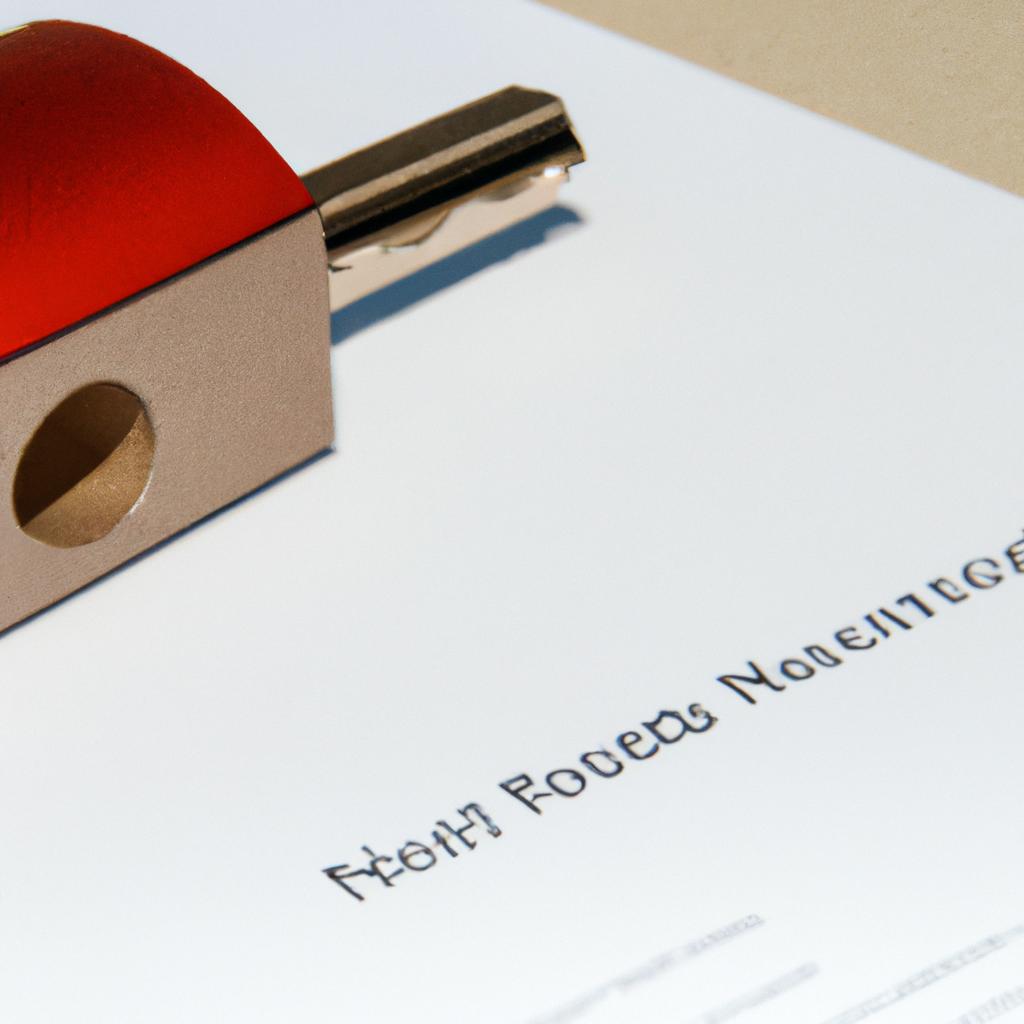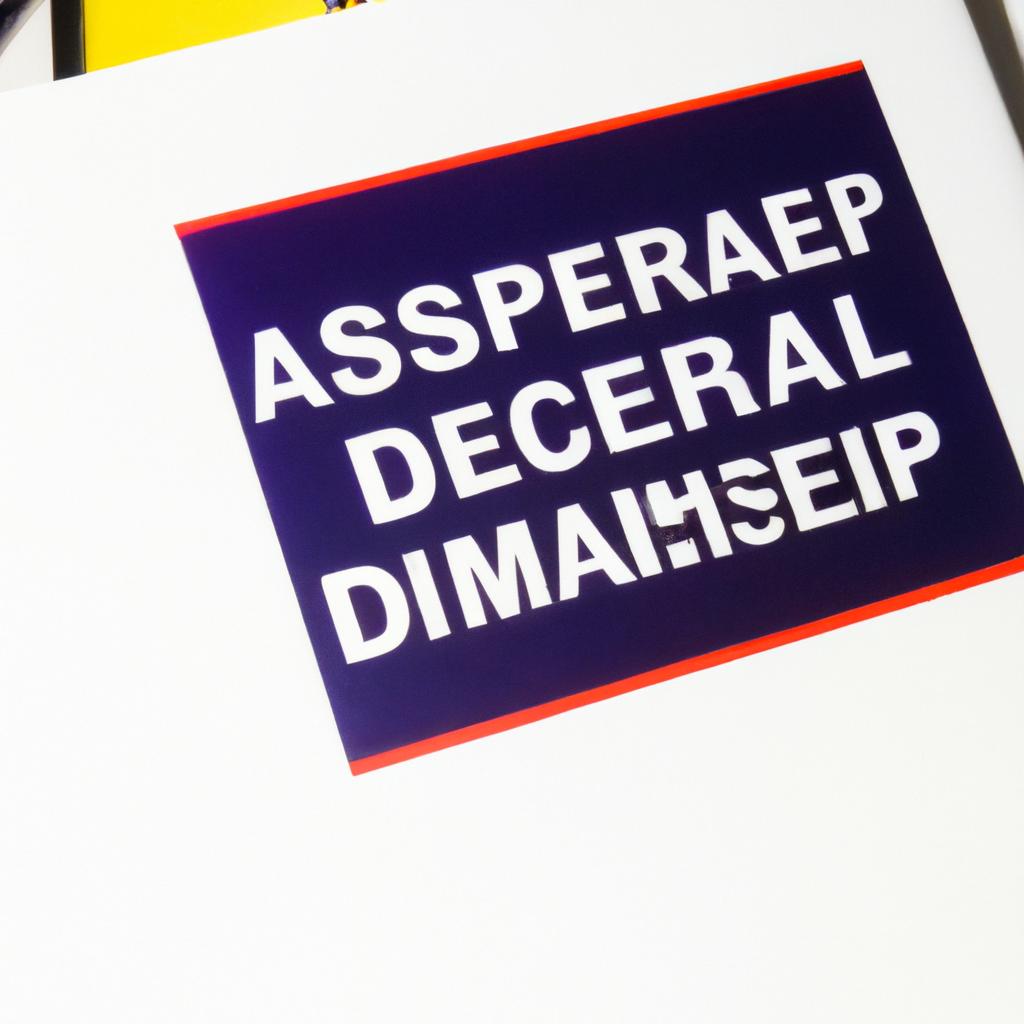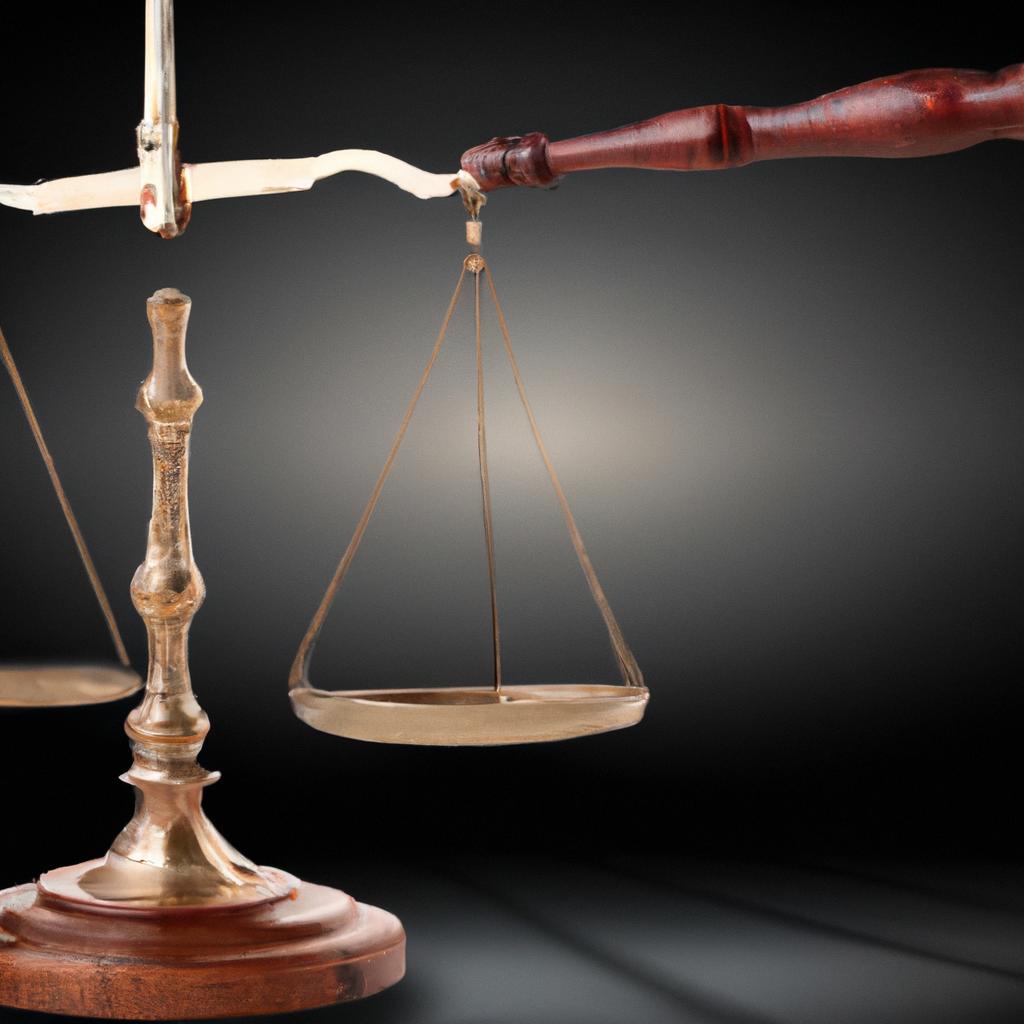Navigating the intricate legal process of obtaining the deed to a property can be a daunting task for many homeowners. As seasoned attorneys at Morgan Legal Group, located in the heart of New York City, we understand the complexities involved in this crucial aspect of real estate ownership. In this article, we will guide you through the essential steps and legal considerations necessary to secure the deed to your house with confidence and clarity. Join us as we demystify the process and empower you to take control of your property rights with expertise and precision.
Determining Ownership of the Property
To establish ownership of a property, you will need to obtain the deed through the proper legal channels. The deed is a legal document that proves ownership of a property and is essential for any real estate transaction. To obtain the deed to your house, you will need to follow these steps:
1. Locate the deed: The first step in obtaining the deed to your house is to locate the original document. The deed is usually kept on file with the county clerk’s office where the property is located. You can request a copy of the deed from the county clerk’s office for a small fee.
2. Review the deed: Once you have obtained a copy of the deed, carefully review the document to ensure that all information is accurate and up to date. The deed should contain the legal description of the property, the names of the current owners, and any encumbrances or restrictions on the property. If there are any discrepancies or errors in the deed, you may need to consult with a real estate attorney to resolve the issue.
Locating the Deed to Your House
When it comes to , it is essential to have a clear understanding of the process involved. Obtaining the deed is crucial for establishing legal ownership of your property. Here are some steps to help you navigate through the process:
- Start by checking with the county recorder’s office where your property is located
- Search online databases or public records for the deed information
- Consider hiring a professional title search company to help locate the deed
- Once you have located the deed, make sure to keep it in a safe place for future reference
Remember, the deed is a vital document that provides proof of ownership of your property. If you encounter any difficulties in locating the deed, do not hesitate to seek legal assistance from professionals like Morgan Legal Group. Our team of experienced attorneys can help you navigate through the complex process of obtaining the deed to your house and ensure that your property rights are protected.

Understanding the Transfer Process
When it comes to obtaining the deed to your house, it is crucial to understand the transfer process. First and foremost, you must ensure that the deed is properly executed and recorded. This involves signing the deed in the presence of a notary public and filing it with the appropriate county clerk’s office. Failure to properly execute and record the deed could result in ownership disputes and other legal complications.
Additionally, it is important to conduct a title search to verify that there are no liens or encumbrances on the property. This will help ensure that you are receiving clear and marketable title to the property. Furthermore, you may need to consider estate planning strategies, such as transferring the property into a trust, to protect your assets and plan for the future. By and seeking the guidance of a legal professional, such as Morgan Legal Group in New York City, you can navigate the complexities of obtaining the deed to your house with confidence.

Securing Legal Assistance for Deed Transfer
To secure legal assistance for deed transfer, it is essential to engage a reputable real estate attorney who specializes in property law. A qualified lawyer can guide you through the process of obtaining the deed to your house smoothly and efficiently. Here at Morgan Legal Group in New York City, our team of experienced attorneys can assist you with all aspects of deed transfer, ensuring that your property rights are protected.
When seeking legal assistance for deed transfer, it is important to consider the following steps:
- Research and choose a reputable real estate attorney
- Provide the necessary documentation, such as proof of ownership and identification
- Review and sign the deed transfer documents
- File the deed transfer with the appropriate government authorities
Q&A
Q: How can I obtain the deed to my house?
A: You can obtain the deed to your house by requesting a copy from the county clerk’s office where the property is located.
Q: What information do I need to provide to get a copy of the deed?
A: You will need to provide the full address of the property, the name of the current owner, and possibly the legal description of the property.
Q: Is there a fee associated with obtaining a copy of the deed?
A: Yes, there is usually a small fee for obtaining a copy of the deed from the county clerk’s office.
Q: Can I request a copy of the deed online?
A: Some county clerk’s offices offer online services where you can request a copy of the deed, but not all counties have this option available.
Q: Can I obtain the deed if I still have a mortgage on the property?
A: Yes, you can still obtain a copy of the deed even if you have a mortgage on the property.
Q: Can I transfer the deed to someone else’s name?
A: Yes, you can transfer the deed to someone else’s name through a process known as a property deed transfer. It typically involves filling out a form and filing it with the county clerk’s office.
In Conclusion
In conclusion, acquiring the deed to your house is a crucial step in establishing legal ownership of your property. By following the steps outlined in this article, you can navigate the process with confidence and ensure that your ownership rights are properly documented. Remember that seeking assistance from professionals, such as real estate attorneys or title companies, can help streamline the process and provide added peace of mind. Ultimately, obtaining the deed to your house is a significant milestone in your homeownership journey, one that solidifies your claim to the place you call home.

